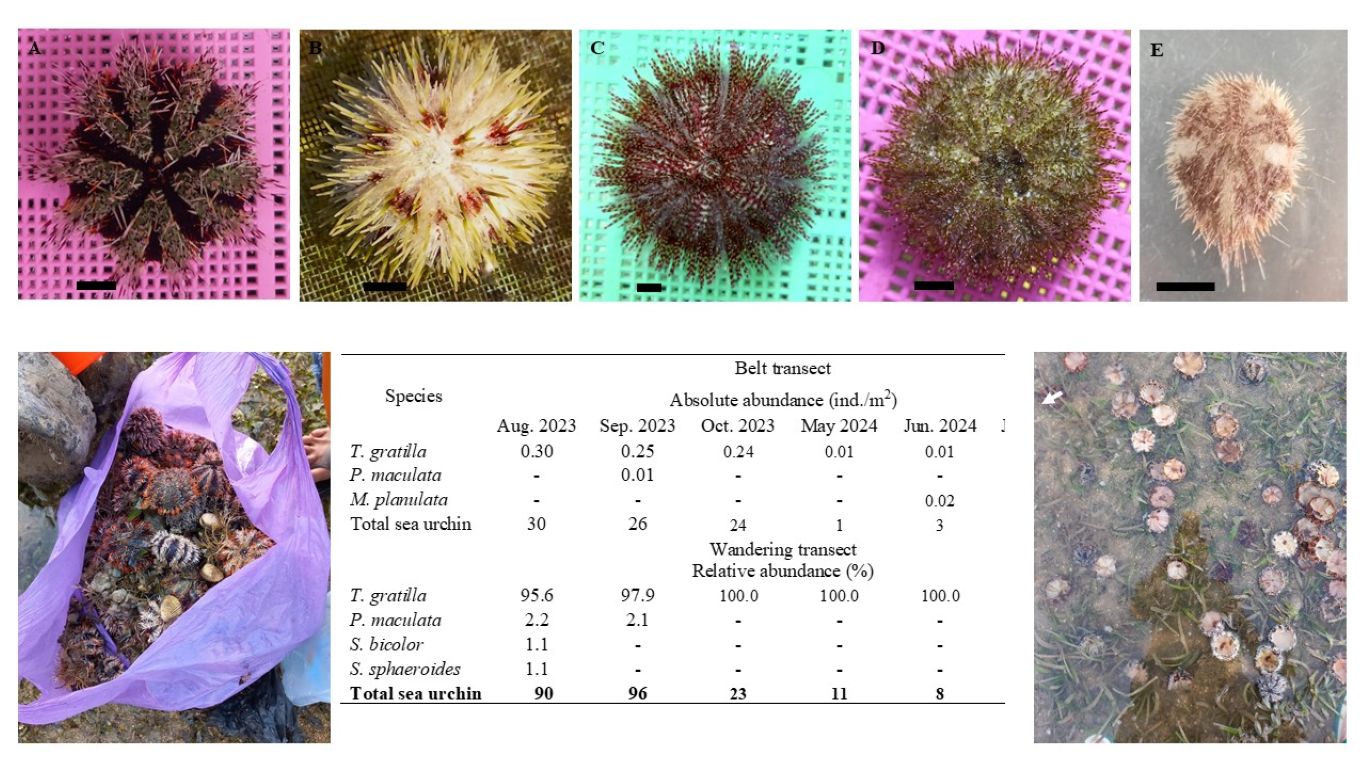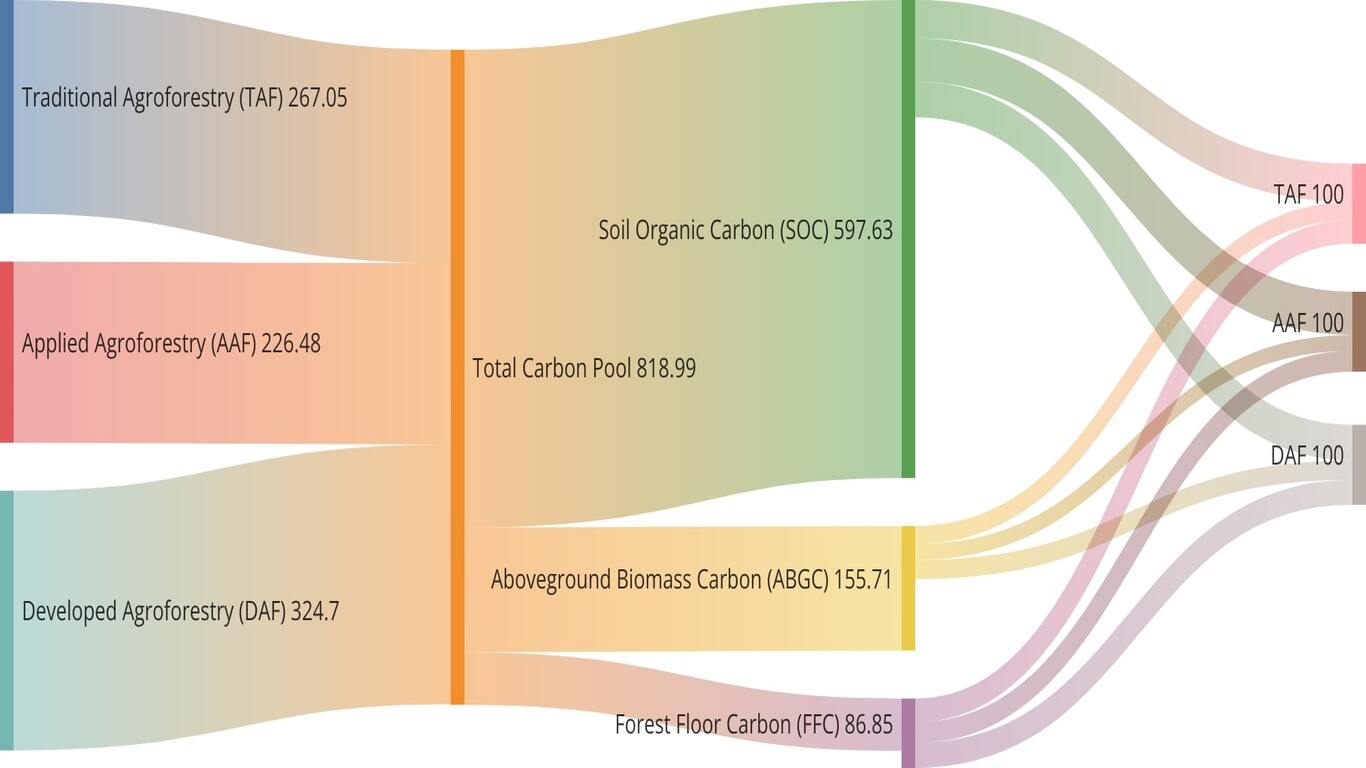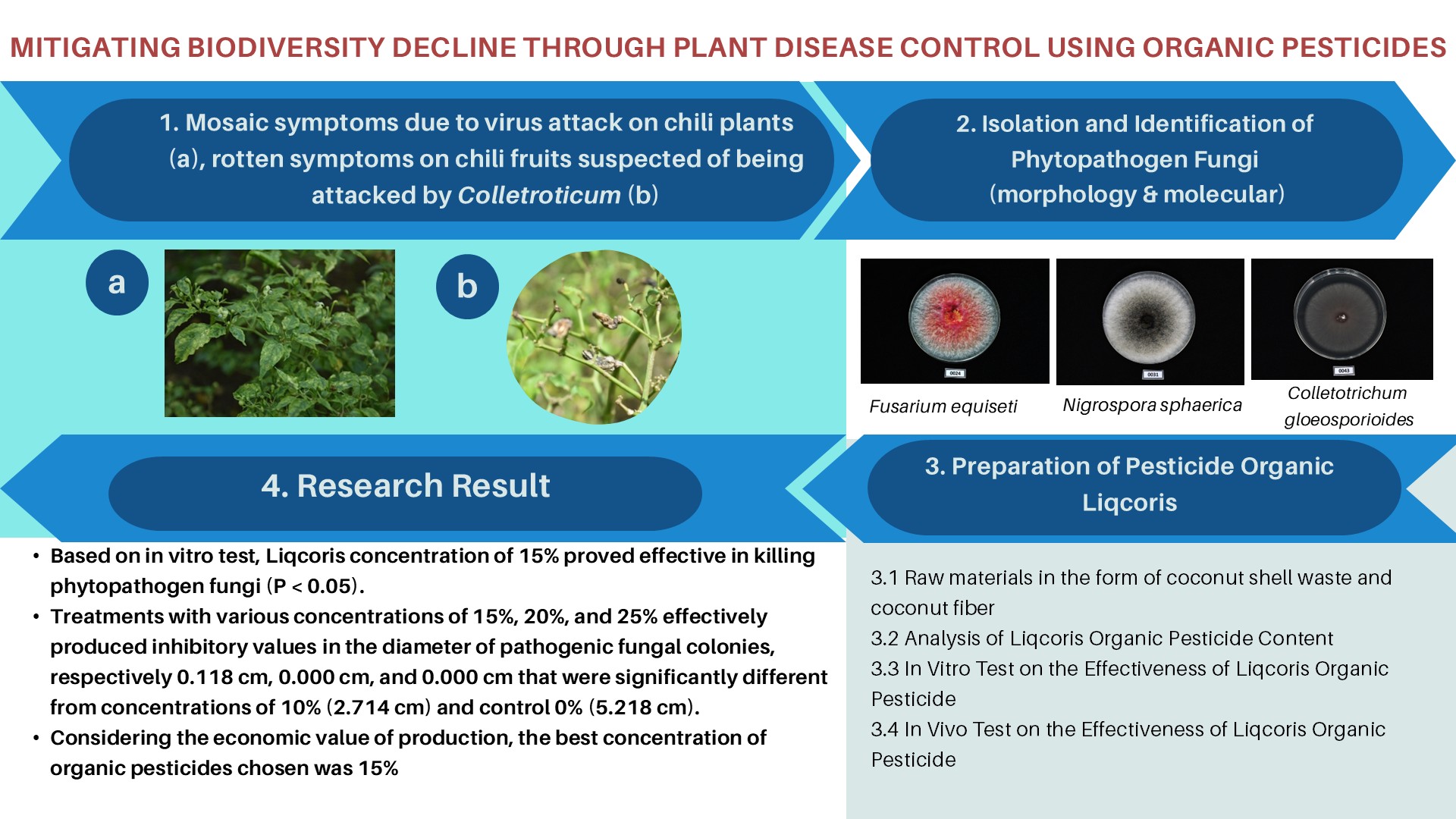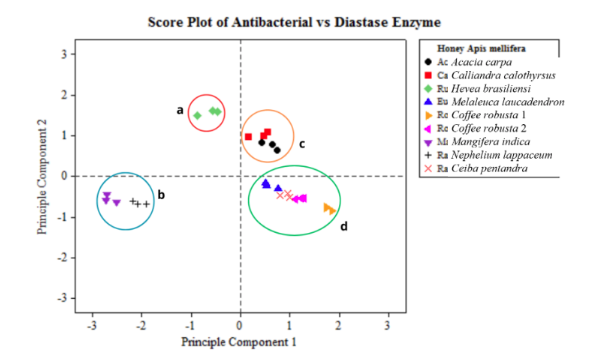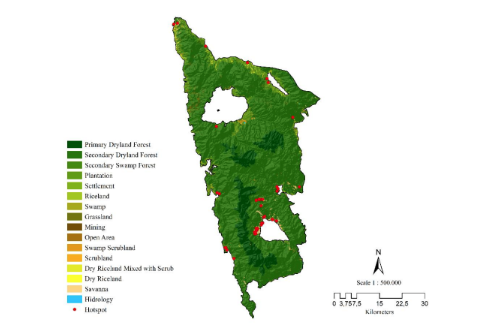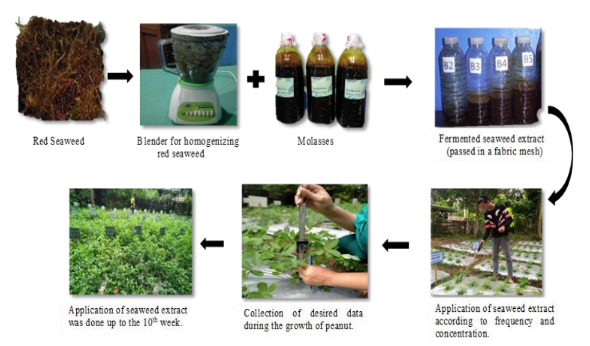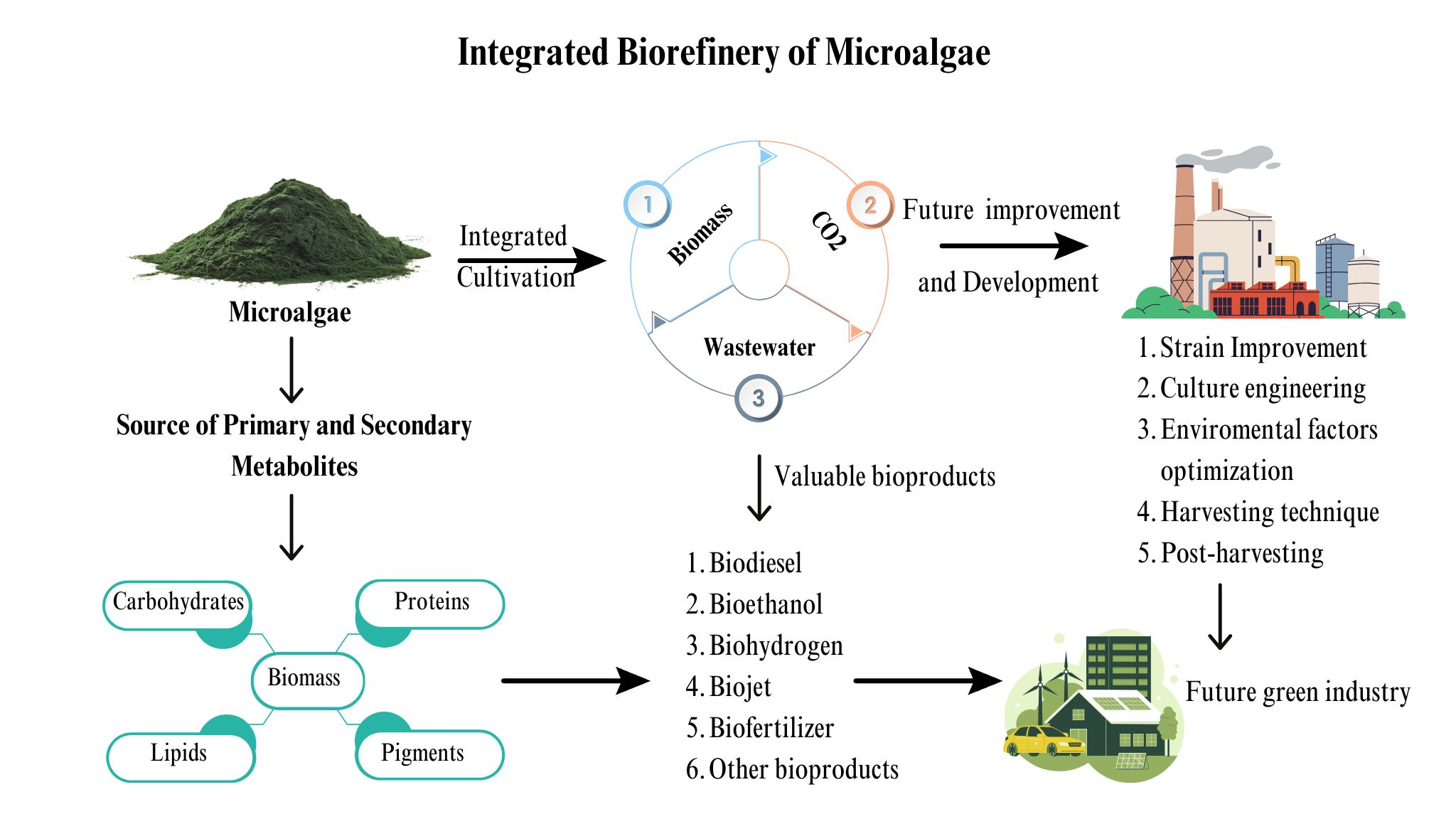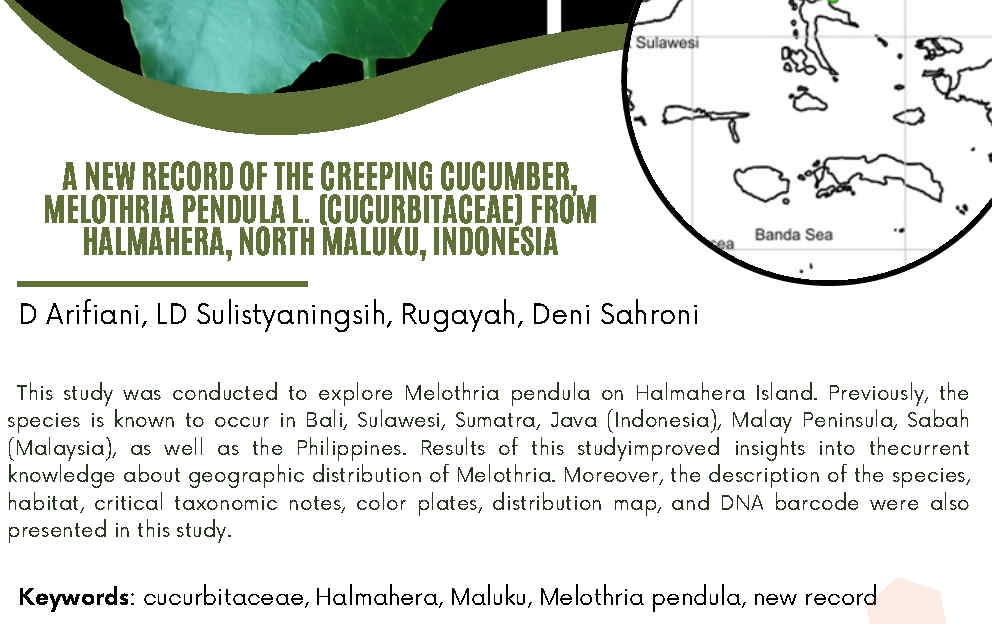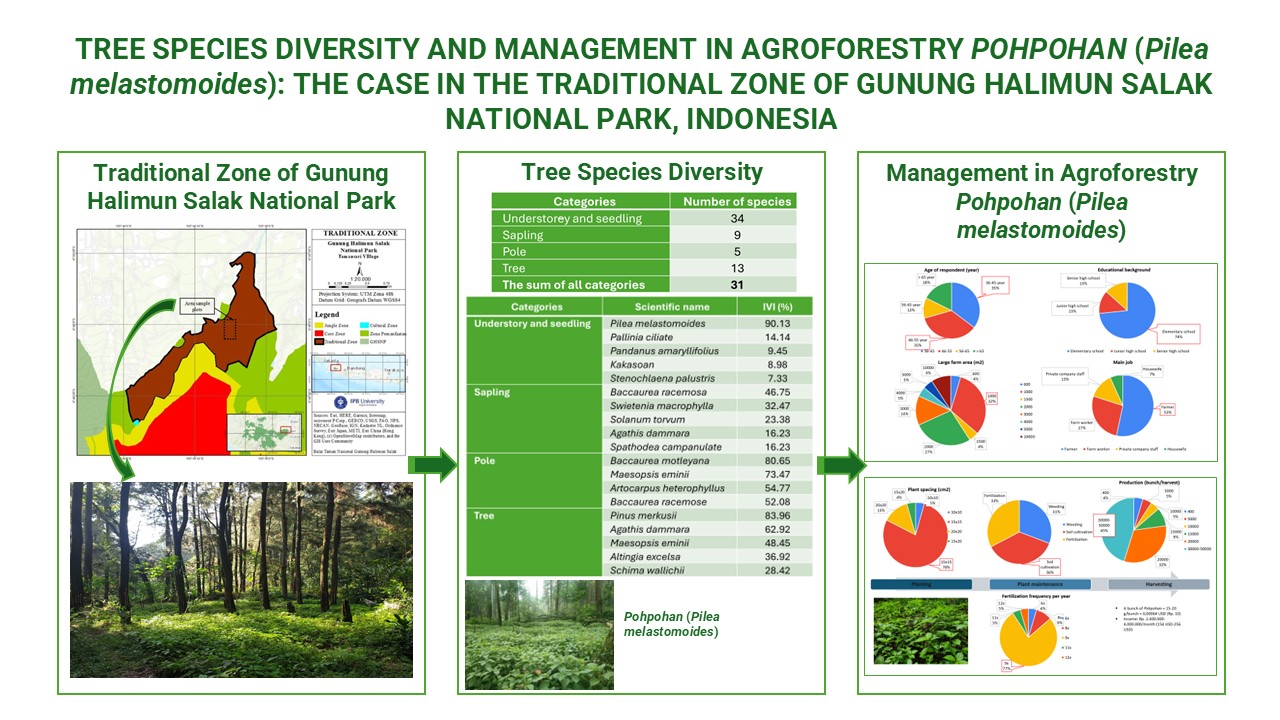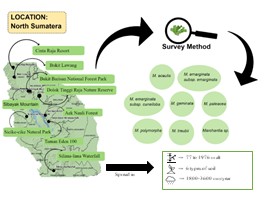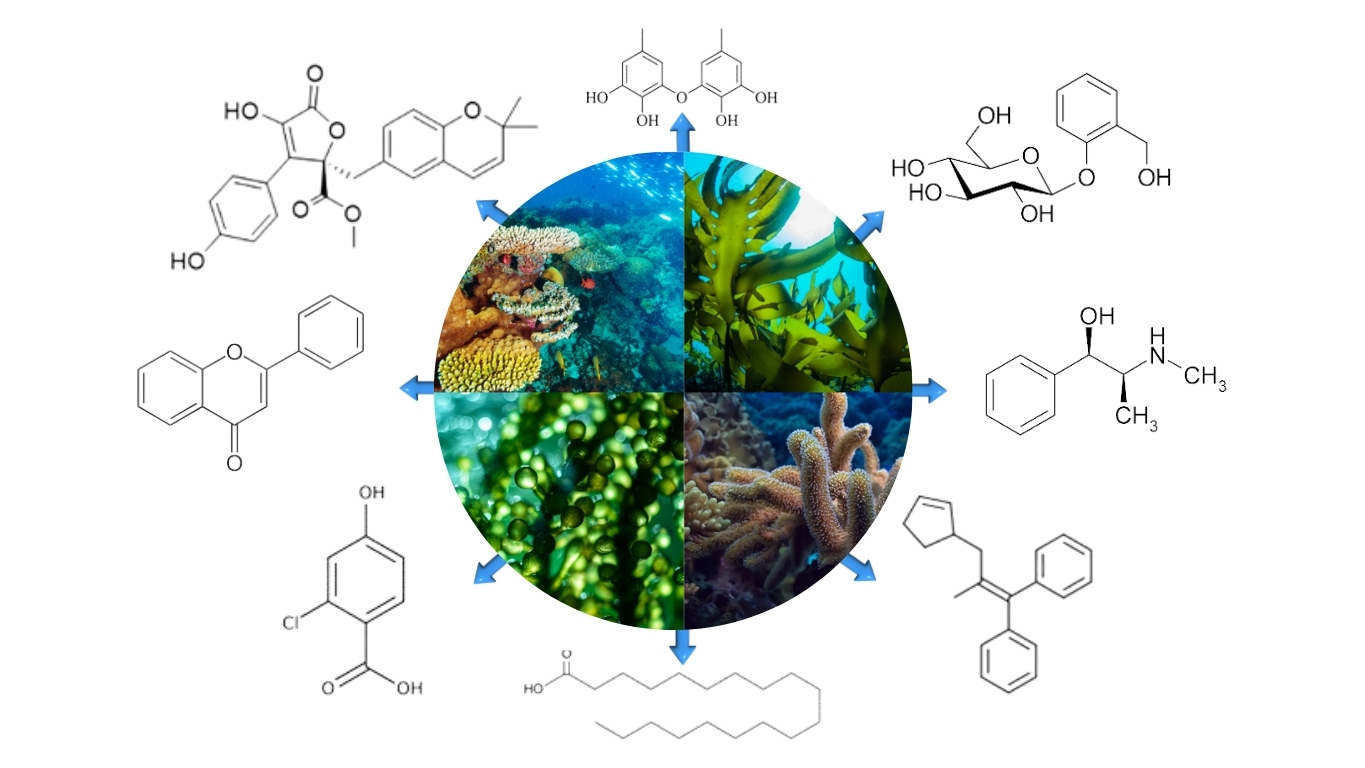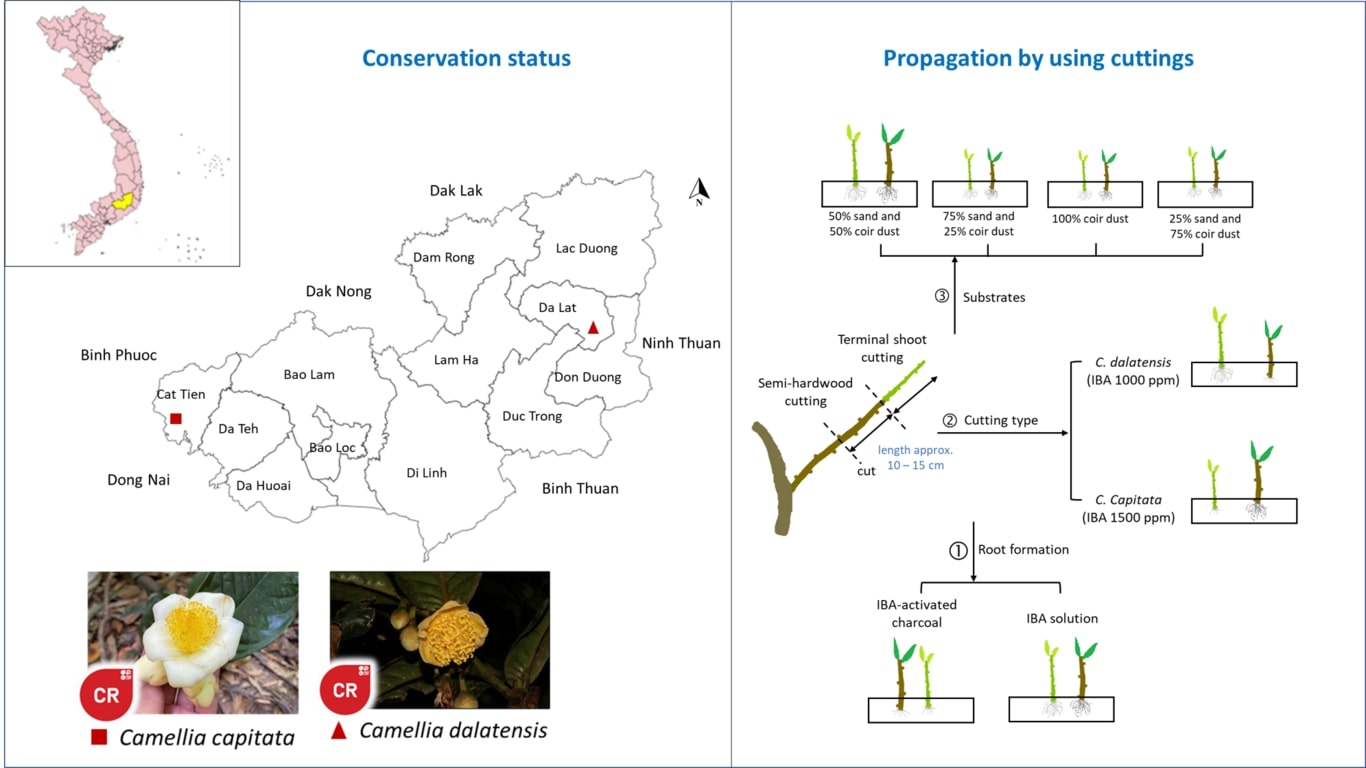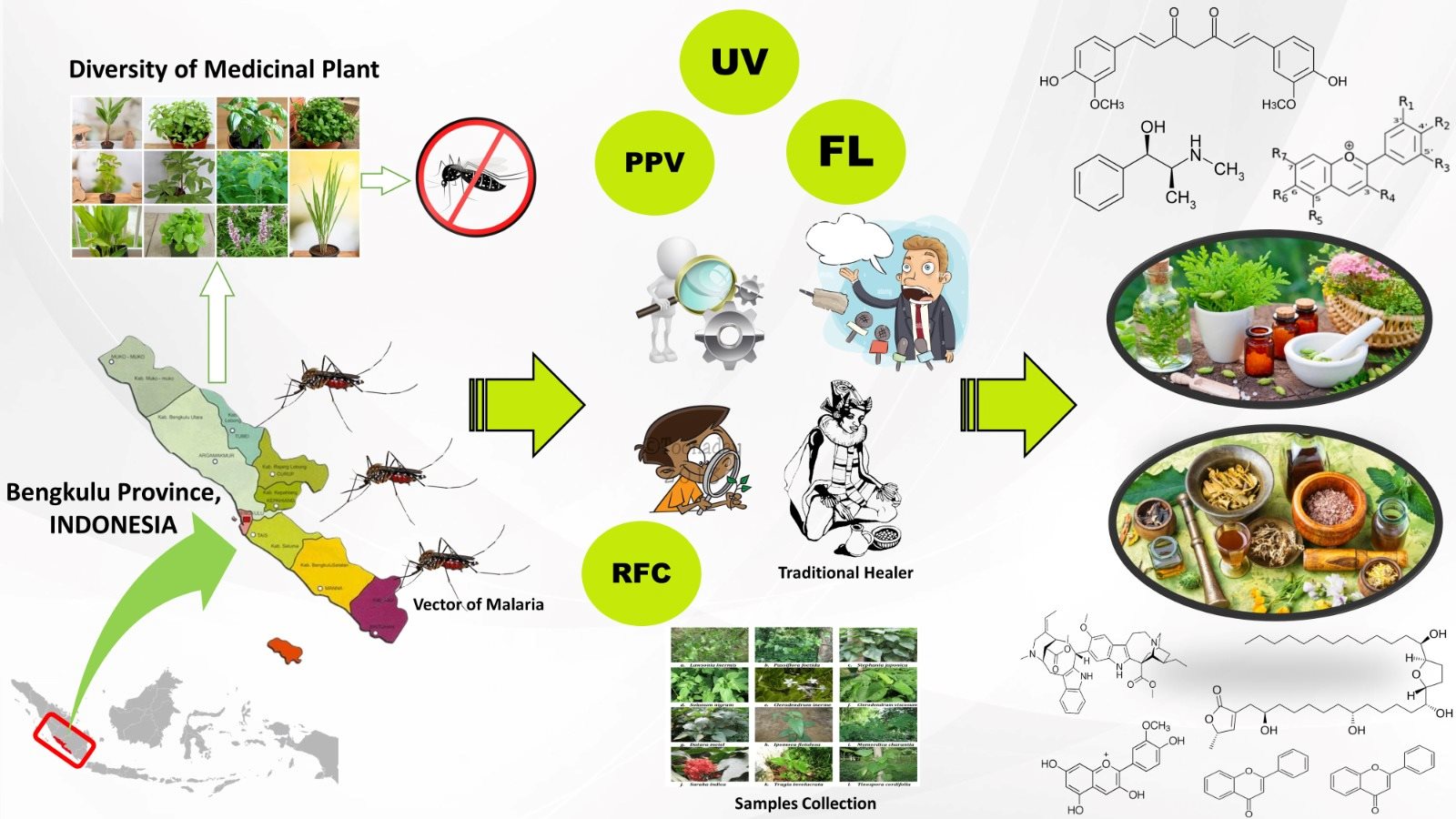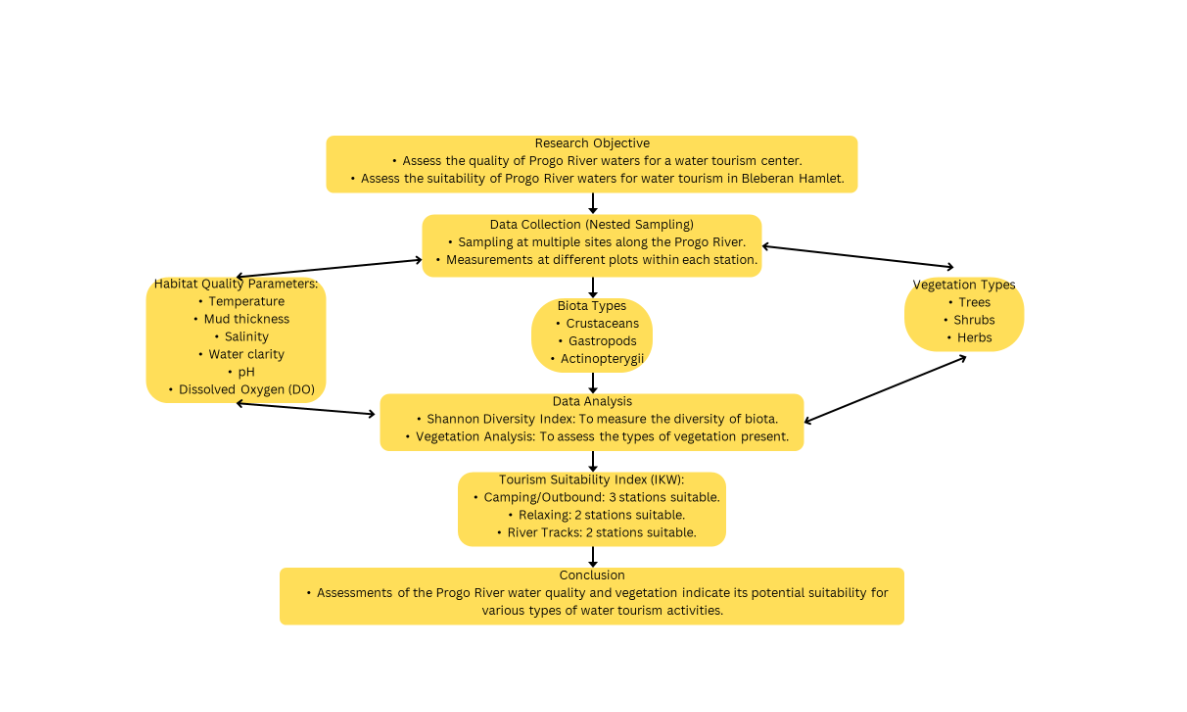Characterization and Polyphasic Identification of Novel Rhizobacteria Strain Isolated from Sand Dunes Ecosystem
Downloads
The coastal sand dune ecosystem at the Parangtritis Coast of Yogyakarta, Indonesia has unique characteristics such as low moisture sandy soil, high salinity and low nutrient content. Fimbristylis cymosa is one of the plant species having the capability to survive in that unique ecosystem. In this study, rhizobacteria isolated from the rhizosphere of F. cymosa were isolated to be further analyzed on their phosphate solubilizing and antagonistic properties against Fusarium oxysporum which cause the Wilt disease. The isolates of Phosphate Solubilizing Rhizobacteria (PSR) having the most potential capabilities were then polyphasically identified based on phenotypic and genotypic characters followed by 16S rDNA sequencing. The results showed that four PSR isolates (I8, I11, I12 and I24) have high phosphate dissolution indices. The highest indices were observed in isolates I11 (3.08) and I12 (3.44), respectively. Analysis of the dual plate experiments for PSR I11 and PSR I12 isolates against the growth of F. oxysporum also showed quite high inhibitory activities, i.e., isolate PSR I11 was 42.40%, while isolate PSR I12 was 42.08%. The two isolates were polyphasically identified as Burkholderia dolosa. This study clearly showed that PSR I11 and PSR I12 isolates are very potential and prospective to be used as marginal land inoculants and as providers of phosphorus. This study also showed that the isolates are useful as biocontrol agents against F. oxysporum in plants.
Keywords: inhibitory activity, phosphate dissolution index, phosphorus, polyphasic identification, sandy soil
Downloads

This work is licensed under a Creative Commons Attribution-NonCommercial-NoDerivatives 4.0 International License.
Authors who publish with this journal agree with the following terms:
- Authors retain copyright and grant the journal right of first publication, with the work 1 year after publication simultaneously licensed under a Creative Commons attribution-noncommerical-noderivates 4.0 International License that allows others to share, copy and redistribute the work in any medium or format, but only where the use is for non-commercial purposes and an acknowledgement of the work's authorship and initial publication in this journal is mentioned.
- Authors are able to enter into separate, additional contractual arrangements for the non-exclusive distribution of the journal's published version of the work (e.g., post it to an institutional repository or publish it in a book), with an acknowledgement of its initial publication in this journal.
- Authors are permitted and encouraged to post their work online (e.g., in institutional repositories or on their website) prior to and during the submission process, as it can lead to productive exchanges, as well as earlier and greater citation of published work (See The Effect of Open Access).









